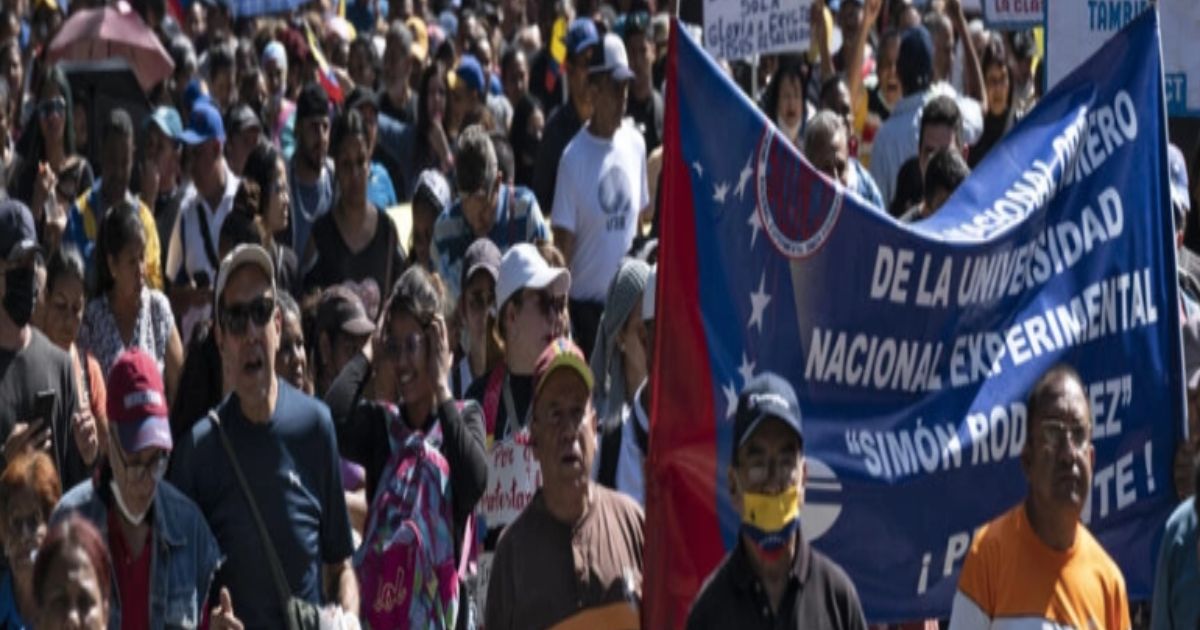CARACAS.- These have been years of erroneous policies that have had a negative impact on the purchasing power of Venezuelans, “which is why the official argument that sanctions are the cause of the destruction of the value of work does not convince almost anyone,” said labor expert León Arismendi.
In his opinion, there is a consensus in the Venezuelan labour market that “the opportunity to find solutions could come on July 28, with the holding of the presidential elections,” because the only solution is a change of direction.
The need for a change in strategies so that labour problems are properly addressed has been addressed by the working class, as well as the clear institutional weakness to resolve conflicts in the context of a natural worker-management relationship.
“The unions do not go to the Labour Inspectorates because they know in advance that their claims will not be addressed. The petitions, conciliatory or conflictual petitions are not processed if the accused is a public entity,” added Arismendi.
“The impoverishment of wages, salaries and pensions is at the heart of labor conflicts in Venezuela, according to data compiled by the Observatory of Labor Conflict and Union Management of the Institute of Advanced Trade Union Studies (INAESIN), which encourages change on July 28,” said the jurist.
Arismendi, director of INAESIN, pointed out that the government’s salary policy is widely rejected “and not surprisingly, since, among other aspects, the minimum wage has been frozen since March 2022 at what today barely represents $3.55 per month. Consequently, the scales and benefits that are calculated based on that legal reference have been affected.”
He also said that 70% of workers’ protests have the salary component as the focus of their claims, according to consolidated figures from the Conflict Observatory for the first half of the year.
The Venezuelan Observatory of Social Conflict (OVCS) documented 2,383 protests during the first half of 2024, equivalent to 13 per day throughout the national territory, with the main reasons for protests being:
- A decent wage adjusted to the country’s dollarized economic reality.
- Respect for freedom of association, right to association and peaceful demonstration.
- Rejection of arbitrary detentions.
The lack of independence and autonomy of official trade unions, which seem to confuse government policies with the interests of workers, also does not contribute to the search for solutions. This is one of the reasons why the review of collective agreements has been paralyzed, which accentuates discontent, said the Director of INAESIN.
“These have been years of erroneous policies that have had a negative impact on the purchasing power of Venezuelans, so the hackneyed official argument that sanctions are the cause of the destruction of the value of work does not convince almost anyone,” Arismendi concluded.
(email protected)
Source: Conflict Observatory / INAESIN / Consultation with lawyer León Arismendi

